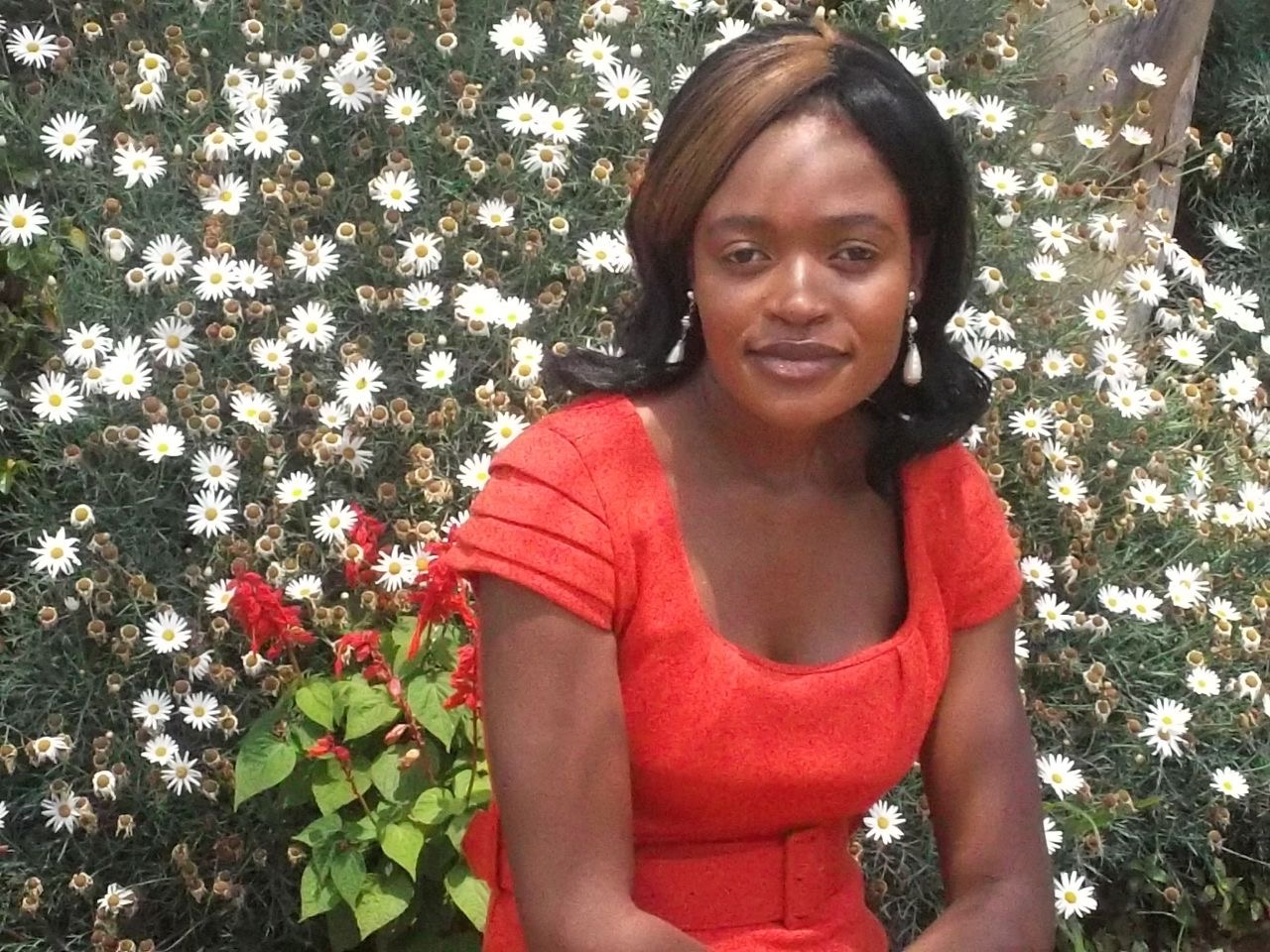Growing up, I was the firstborn girl in a family of five children and a victim of a patriarchal society in Zimbabwe. But I had to set a precedent. I vividly recall taking up menial jobs in the neighborhood to supplement my school fees—my father’s risky job and meager salary were not sufficient for our needs. Even still, I dreamed to acquire an education.
To me, empowerment means the ability to make decisions and influence, to have a strong self-perception, to have personal freedom, to have access to and control over resources and support from social networks. I have discovered that one of the greatest challenges to achieving empowerment is that most people still live with the mentality that certain tasks are better handled by men. It is rare to come across a female electrician, mechanic, bus driver, politician or engineer in Zimbabwe. People often assume that women are generally incompetent in certain fields of life. For example, when I wanted to volunteer my services to the incarcerated in my community, it took me a long time to get permission to work at a local prison since the government believe that women are too weak to work with prison inmates.
The only solution to this challenge is to be resistant towards criticism. Women must stop seeing their gender as a weakness. They must see it as strength, and prove themselves by striving to outperform their male opponents. They must be prepared to break through limiting traditions, and stick to what they believe in.
The other challenge women in Zimbabwe face is that of balancing work and family. Women lay the building blocks on which the family foundation is built. So working women usually find themselves torn between commitment to the family and their work. The best way to overcome this barrier is time management and delegation.
Women have a willingness to listen, patience to understand, strength to support and heart to care even though they have limited access to achieve what they want. Women must always know that gender, age, race, religion or personal beliefs are not criteria for success. What is important is to have a good plan and be determined to succeed, even in the face of failure. Women can change the world. Whenever the going gets tough, they must always feel inspired by T.D Jakes quote, “If you can’t figure out your purpose, figure out your passion, for passion will lead you into your purpose.”
 Blogger Precious Ngwayarudza grew up in Chipinge, Zimbabwe and studied Psychology at Africa University. In 2015 she conducted a qualitative research: An exploration of the circumstances that led to elderly destitution and institutionalization at Zororai Old Peoples’ Home. She is a humanitarian who has volunteered her services to various vulnerable groups. Since 2012, she is volunteering at Zororai Old Peoples’ home by offering emotional support to the destitute elderly who stay there. She also volunteered at Mutare Farm prison in 2013 where she was involved in the rehabilitation and reconciliation of the incarcerated. In addition, she undertook an internship at Simukai Child Protection Centre where she offered psychosocial support to the street children.
Blogger Precious Ngwayarudza grew up in Chipinge, Zimbabwe and studied Psychology at Africa University. In 2015 she conducted a qualitative research: An exploration of the circumstances that led to elderly destitution and institutionalization at Zororai Old Peoples’ Home. She is a humanitarian who has volunteered her services to various vulnerable groups. Since 2012, she is volunteering at Zororai Old Peoples’ home by offering emotional support to the destitute elderly who stay there. She also volunteered at Mutare Farm prison in 2013 where she was involved in the rehabilitation and reconciliation of the incarcerated. In addition, she undertook an internship at Simukai Child Protection Centre where she offered psychosocial support to the street children.

